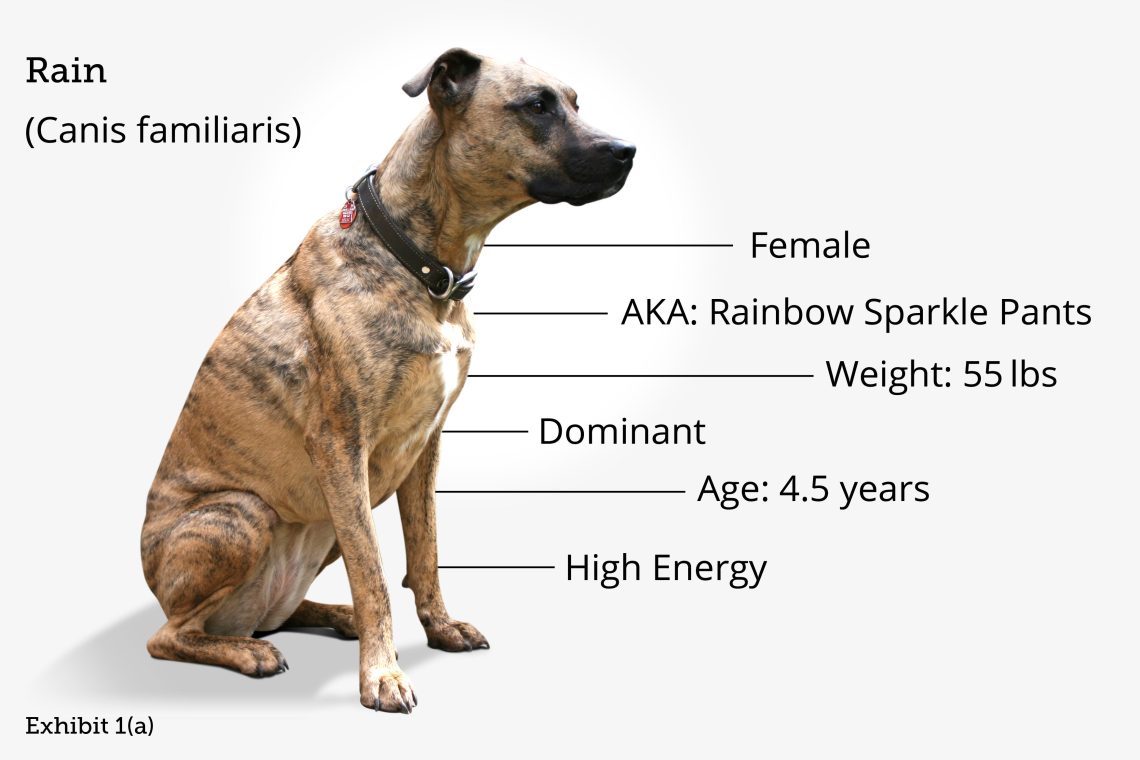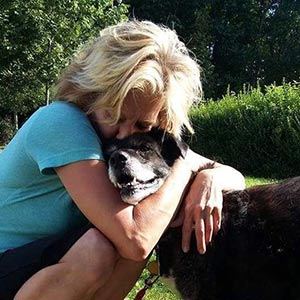
Second dog: selection rules
Sometimes we are so comfortable “in the shoes” of a dog owner that uncomfortable thoughts appear: why not get another four-legged friend? This decision can either double your enjoyment of pets or be a disaster. What should be considered when choosing a second dog?
Contents
Age, breed and size of dogs
Many people think that in order for dogs not to get bored, it is better to take pets of approximately the same age or even take two puppies from the same litter. Well, you probably won’t be bored. After all, by about 2 years old, dogs begin to compete, and sometimes quite cruelly. So, endless entertainment awaits you in the form of preventing brawls. And to reconcile peer dogs is not an easy task. Therefore, it is best if the age difference is at least 5 years. If you have an adult dog and decide to get a puppy, the chances that everything will go smoothly increase. However, in this case, there are nuances. If you had a representative of a small breed, and you took a cub of a larger breed into the company, everything can turn out well. But if the old-timer is very tiny (Chi-hua-hua or Yorkshire Terrier), you will have to make sure that the growing bumpkin does not accidentally cripple an older comrade during the games.
If you have an adult large breed dog and you want to get a small puppy, make sure that your faithful friend is good with tiny relatives. Otherwise, he may mistake the newcomer for potential prey and even kill him.
Dogs that are about the same size, even if they fight or start too violent a game, are unlikely to be able to injure each other. Consider also breed characteristics. If you have “wild” dogs, such as huskies, it will be more difficult for them to get along “in a team.” If we are talking about more infantile breeds (for example, golden retrievers), everything will go more smoothly.
Gender of dogs
It is believed that it is easier for dogs of different sexes to get along together. However, there are many exceptions to this rule. In addition, twice a year (during the bitch’s estrus) you will have to think about how to isolate pets from each other. Same-sex dogs are more prone to competition. And many people think that two “girls” get along better than two “boys”. This is not entirely true. Bitches often arrange much tougher “showdowns” than males. Also, keep in mind that a bitch does not perceive a castrated male as a “man”. For her, he appears to be a different bitch, just an even lower rank. And the corresponding attitude is formed.
Living space
First, every dog needs personal space. Secondly, get ready for the fact that there will be competition for especially attractive corners. For example, for proximity to your favorite chair or to the dining room.
If you allow overpopulation, your four-legged friends will constantly experience tremendous stress.
And this is fraught with both various diseases (including gastritis, cystitis) and problematic behavior (pets begin to mark corners in the house, bark loudly, become more aggressive).
Can two dogs get along in the same house: formula
Sofya Baskina, an ethologist, a dog behavior correction specialist, has developed a formula that will help you understand whether it is worth getting a second dog and what are the chances of a quiet life together. Of course, this does not guarantee success, but it increases the likelihood of a successful development of events. Consider the following example. Let’s say we have a 5 year old Labrador and a 3 year old Husky. How big are the chances that they can be friends?
| Index | How to count | First dog (points) | Second dog (points) |
| Age | 1 point for each year | 5 | 3 |
| Origin | “Primitive” breed: +1 point “Infantile” breed: -1 point | -1 | +1 |
| Gender | Male: +1 point Bitch: -1 point Castrated dog: -1 point | +1 | -1 |
| Order of appearance in the house | A dog was born to you: +2 points Dog appeared first: +1 point | +1 | 0 |
| Health status | Disease: -1 point Disability: -2 points | 0 | 0 |
| Total | 6 points | 4 points |
The smaller the difference in scores, the higher the likelihood of conflicts. And behavior correction in this case may not be very effective. If the difference is 2 points (as in our case), the correction can be successful, but you should responsibly organize the space. If the difference is 3 points or more, then even in the case of already existing conflict, competent behavior correction can help you make friends with your pets. Choosing a second dog is an extremely important issue. You are responsible for those who already live in your home. And sometimes it’s better to give up a new pet than to make your own life, and the lives of both dogs, unbearable.





